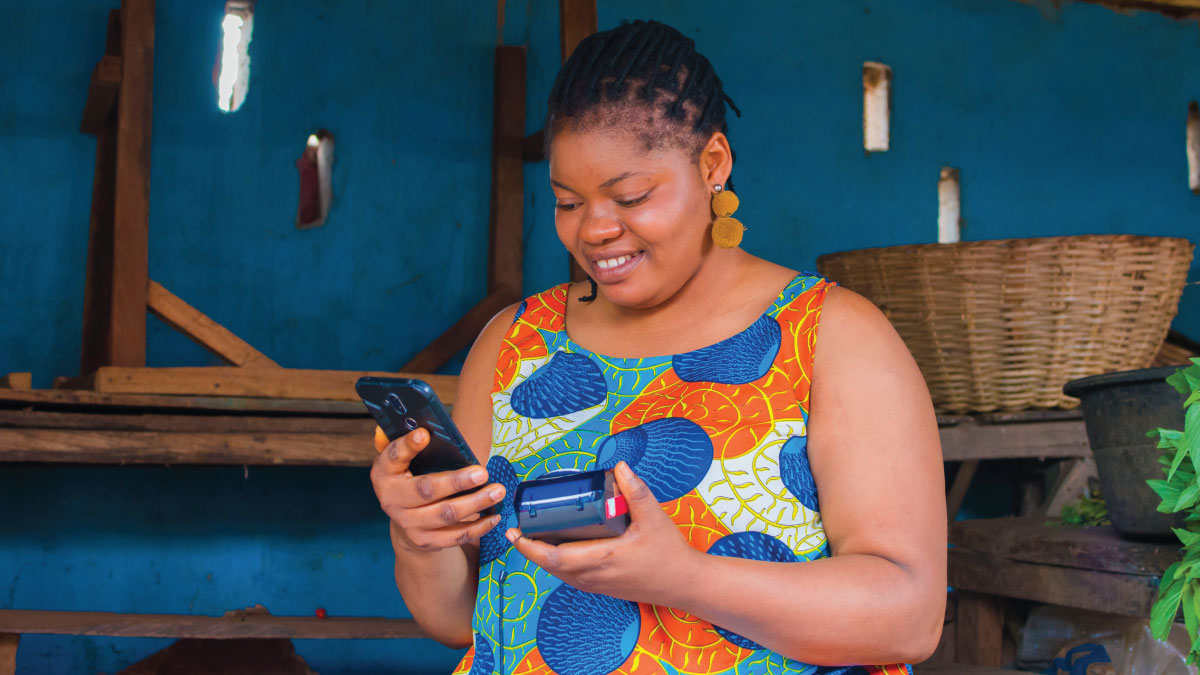The continent’s free trade area, a growing middle class, an emerging consumer market, increased access to financial services and technology, and dynamic private entrepreneurs can help diversify African economies.
African countries must diversify their exports to survive economic shocks from global crises such as the COVID-19 pandemic and the war in Ukraine, says the United Nations Conference on Trade and Development (UNCTAD).
In its Economic Development in Africa Report 2022 published on 14 July, UNCTAD says African countries can diversify their economies through boosting exports of high-value services, expanding private businesses’ access to financial services, tapping into new financial technologies and implementing effective policies.
Despite decades-long efforts to diversify, 45 out of the continent’s 54 countries remain dependent on exports of primary products in the agricultural, mining and extractive industries.
UNCTAD considers a country to be dependent on commodities when these products make up more than 60% of its total merchandise exports. The report outlines how African countries can rethink efforts to diversify their economies.
“Dependence on commodity exports has left African economies vulnerable to global shocks and hindered inclusive development for far too long,” said UNCTAD Secretary-General Rebeca Grynspan.
She said Africa has enormous potential to break commodity dependence and ensure its effective integration into high-end global value chains.
“By addressing barriers to trade in services, boosting relevant skills and improving access to innovative alternative financing, the region’s manufacturing productivity can be enhanced, driving Africa’s economic growth and structural transformation for many years to come,” Ms. Grynspan added.
Promise of knowledge-intensive services
UNCTAD says high knowledge-intensive services, such as information technology and financial services, could be a game-changer for Africa. But they account for only 20% of the continent’s services exports, leaving immense room for growth.
Africa’s services sector is dominated by low-value-added transactions, making it unable to support productive activities for industry, manufacturing and agriculture sectors.
Trade in services is also low in Africa. Between 2005 and 2019, services made up only 17% percent of the continent’s exports. Travel and transport accounted for about two thirds, representing a high concentration of traditional service sectors.
To change its fortunes, UNCTAD says the continent should promote the use of high knowledge- and technology-intensive inputs to enable the manufacture and export of more complex goods and services rather than primary commodities.
The report says technologies and smart services such as blockchain can improve access to diverse and competitive markets both within and outside the continent. More trade in services can also reduce the environmental degradation caused by the exploitation of natural resources.
To diversify economies, UNCTAD calls on African countries to implement policies to better link trade in high-value services with other sectors, especially manufacturing.
Countries also need to cut costs of services trade, remove protectionist policies, expand digitalization and boost the skills of workers in the sector.
Private sector critical, needs at least $416 billion every year
The report also underscores the critical role of the private sector – both formal and informal – in diversifying and transforming Africa’s economies.
This includes small and medium enterprises (SMEs), which account for about 90% of firms on the continent and employ around 60% of its workforce.
Africa has about 50 million formal SMEs, which can help diversify the continent’s exports, but they have an unmet financing need of $416 billion every year, according to the International Finance Corporation.
UNCTAD says countries should better position African SMEs as engines of diversification by facilitating their access to affordable funds and financial services.
Given the huge financing needs and the difficult access to banks’ corporate loans, the report calls for more innovative financial instruments for African SMEs to secure access to financing.
UNCTAD urges African policymakers to help firms access specialized financial and non-financial products and services such as government loan guarantees that can better address the long-term financial needs of SMEs.
The recent growth of financial technology (fintech) firms in Africa is spurring more innovation and investment opportunities. Fintech can improve traditional credit channels and help bridge the huge funding gap facing African SMEs, if countries implement policies to better harness its power, the report states.
UNCTAD also calls on countries to tackle other hurdles facing African SMEs, such as poor integration to regional and global markets and lack of capacity to compete with large public and private firms.
Free trade area needs effective export policies
The African Continental Free Trade Area, which aims to create a single market for the continent’s 1.4 billion people, can also boost export diversification, the report says.
But to make the best of it, African countries must implement policies to boost productive capacities, industrialization, encourage investment, improve regional integration and infrastructure.
UNCTAD warns that global economic shocks, climate change and other challenges could undermine Africa’s export diversification efforts if countries don’t put in place the right policies, regulations and boost institutional capacities.
As the world faces a cost-of-living crisis, 58 million people living just above the poverty line in Africa are at risk of sliding into poverty due to the combined effects of the COVID-19 pandemic and the war in Ukraine, according to a recent report of the Global Crisis Response Group on Food, Energy and Finance.
source : CNUCED
Photo : © courage007/Shutterstock | An African woman entrepreneur uses a digital payment device.






